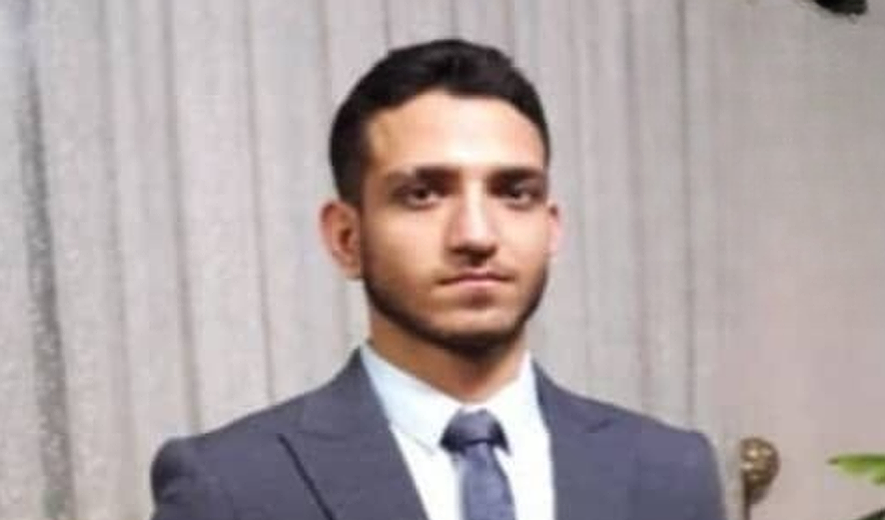(JTA) — An Iranian Jew who has been sentenced to death has reportedly received a one-month stay of execution after a global pressure campaign that included calls for prayer in Persian Jewish communities around the world.
The stay came as Iran was plunged into political turmoil on Sunday when a helicopter carrying its president and foreign minister crashed under unclear circumstances. President Ebrahim Raisi is known by the nickname “Butcher of Tehran” for his role in overseeing executions in the country, whose top official is the supreme leader Ayatollah Ali Khamenei.
Arvin Ghahremani, 20, had been scheduled to be executed first on Saturday and then on Monday for his role in a murder during a street fight two years ago, according to the organization Iran Human Rights.
The stay of execution, which the Israeli outlet Ynet said had been communicated via WhatApp chats, followed a frenzy of advocacy on Ghahremani’s behalf by Jewish communities around the world. In the Iranian Jewish diaspora, Ghahremani’s case has been a source for calls to prayer, charity and religious devotion – actions that Judaism traditionally holds can “avert a harsh decree.”
The messages used his Hebrew name, Arvin Netanel Ben Siona. One included a desperate voice note from his mother. “I am asking everyone to help pray,” Sonia Saadati said in a tear-filled message in Farsi.
Rabbi Eliyahu Netanili, the leader of Los Angeles’ Hayyeh Torah synagogue, called for 1,000 people to recite Psalm 13, a prayer expressing faithfulness, 13 times.
Ghahremani is among the estimated 8,500 Jews who still live in Iran, following an exodus of most of Iran’s once-major Jewish population after the 1979 revolution that put Islamic leaders in charge.
A resident of the city of the western Iran city of Kermanshah, Ghahremani was reportedly involved in an altercation with a non-Jewish man to whom he had loaned money. The man had pulled a knife on Ghahremani, according to accounts shared in the Jewish community, but the altercation ultimately resulted in the other man’s death.
In Iran, where the penal code is based in part on Islamic Sharia law, blood money to the family of the deceased is an acceptable recompense in cases of manslaughter, such as this. But according to statements spread on Telegram by Iranian Jewish leaders, the victim’s family repeatedly refused offers of payment, known as diyat, and attempts by the community to mediate the issue with Islamic leaders were unsuccessful.
The statement notes that the community had offered to fund a school or mosque named after the deceased, but the offer was not accepted.
“Currently, other measures are also being carried out in coordination with the Kermanshah Kalimian Association, and with the prayers and prayers of the congregation,” it concluded. “We hope that it will be successful.”
Iran Human Rights reports that Ghahremani’s execution was scheduled amid a spree of state killings that has included more than 100 people over the last four weeks.
JTA has documented Jewish history in real-time for over a century. Keep our journalism strong by joining us in supporting independent, award-winning reporting.






